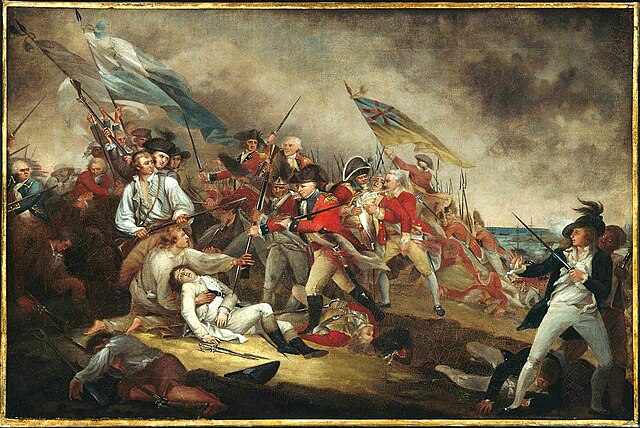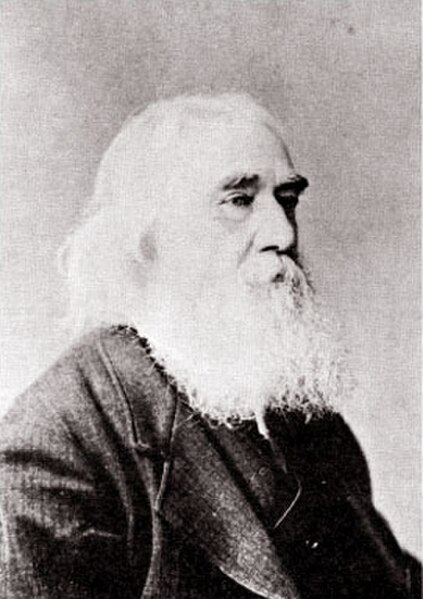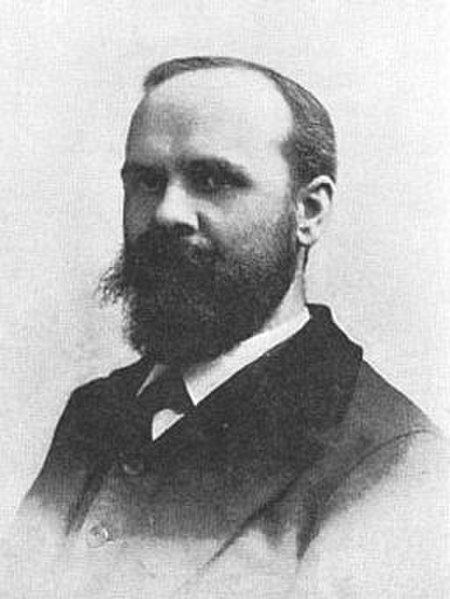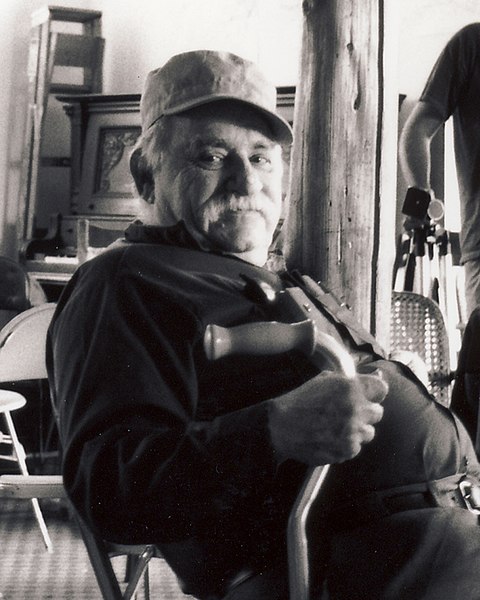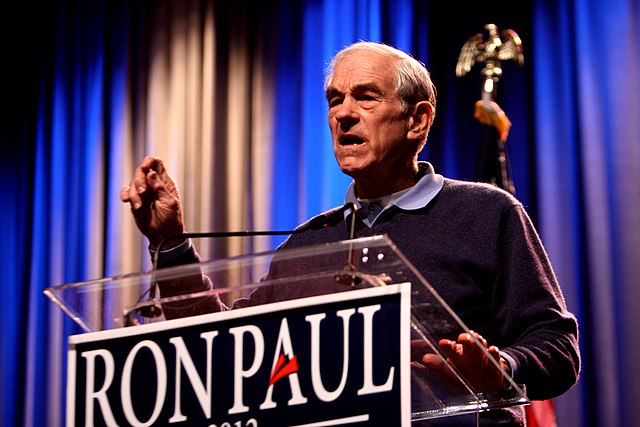Anarcho-capitalism is an anti-statist, libertarian political philosophy and economic theory that seeks to abolish centralized states in favor of stateless societies with systems of private property enforced by private agencies, based on concepts such as the non-aggression principle, free markets and self-ownership. Anarcho-capitalist philosophy extends the concept of ownership to include control of private property as part of the self. In the absence of statute, anarcho-capitalists hold that society tends to contractually self-regulate and civilize through participation in the free market, which they describe as a voluntary society involving the voluntary exchange of goods and services. In a theoretical anarcho-capitalist society, the system of private property would still exist, as it would be enforced by private defense agencies and/or insurance companies selected by property owners, whose ownership rights or claims would be enforced by private defence agencies and/or insurance companies. These agencies or companies would operate competitively in a market and fulfill the roles of courts and the police, similar to a state apparatus.

Murray Rothbard (1926–1995), who is credited with coining the words anarcho-capitalist and anarcho-capitalism.
The death of General Joseph Warren at the Battle of Bunker Hill during the American Revolutionary War, a war which anarcho-capitalists such as Murray Rothbard admired and believed it was the only American war that could be justified
Lysander Spooner, an American individualist anarchist and mutualist, who is claimed to have influenced anarcho-capitalism
Benjamin Tucker, another individualist anarchist, who identified as a socialist and his individualist anarchism as anarchistic socialism versus state socialism, said to have influenced anarcho-capitalism
Libertarianism is a political philosophy that upholds liberty as a core value. Libertarians seek to maximize autonomy and political freedom, emphasizing equality before the law and civil rights to freedom of association, freedom of speech, freedom of thought and freedom of choice. Libertarians are often skeptical of or opposed to authority, state power, warfare, militarism and nationalism, but some libertarians diverge on the scope of their opposition to existing economic and political systems. Various schools of libertarian thought offer a range of views regarding the legitimate functions of state and private power. Different categorizations have been used to distinguish various forms of Libertarianism. Scholars distinguish libertarian views on the nature of property and capital, usually along left–right or socialist–capitalist lines. Libertarians of various schools were influenced by liberal ideas.
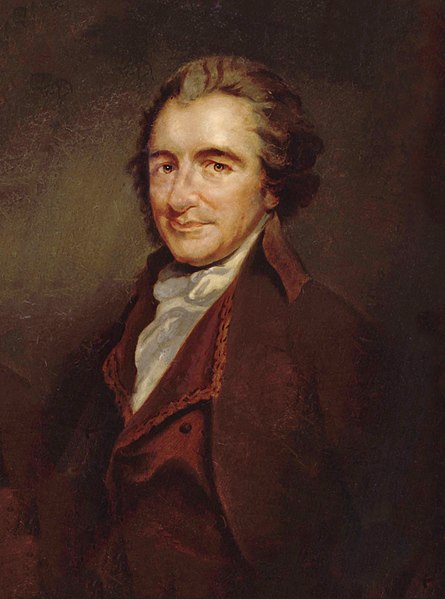
Thomas Paine, whose theory of property showed a libertarian concern with the redistribution of resources
Sébastien Faure, prominent French theorist of libertarian communism as well as atheist and freethought militant
Murray Bookchin, American libertarian socialist theorist and proponent of libertarian municipalism and communalism
Former Congressman Ron Paul, a self-described libertarian, whose presidential campaigns in 2008 and 2012 garnered significant support from youth and libertarian Republicans


